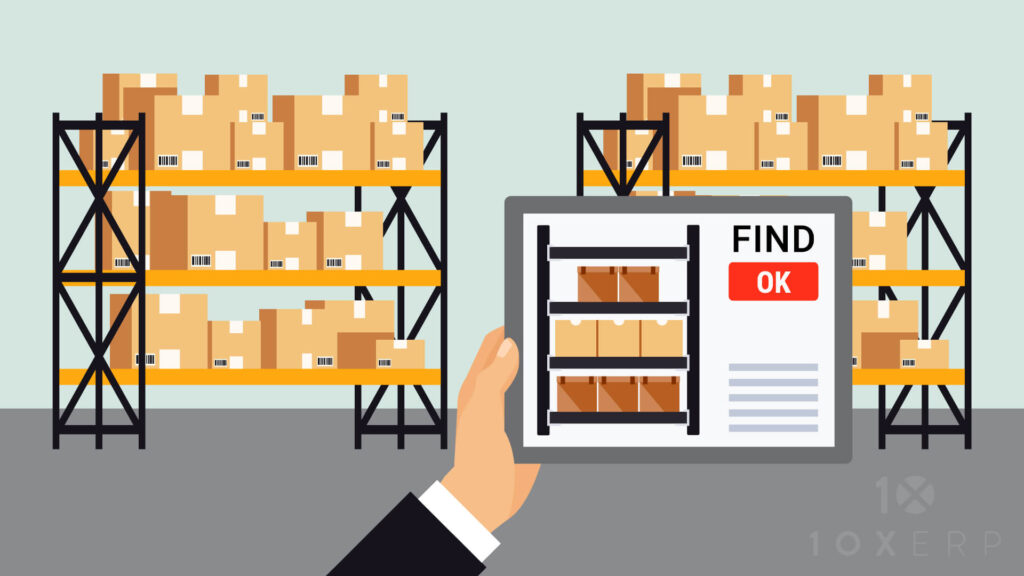Summary:
- Industrial distributors must evolve their e-commerce strategies to include real-time inventory, 24/7 ordering, and advanced analytics, aligning with McKinsey, Precedence Research, and ITR Economics data.
- Amazon’s entry into industrial distribution allows distributors to extend their reach while meeting elevated customer expectations for electronic services.
- Ignoring the digital shift jeopardizes competitiveness; hence, a comprehensive multi-pronged digital strategy is vital for industrial distributors to stay relevant in an increasingly digital-first world.
The wave of digital transformation is sweeping across various sectors, and the industrial distribution landscape is no exception. With an increasing shift towards e-commerce, distributors can no longer ignore the benefits and opportunities a robust online presence brings. This change is fueled by rapid technological advancements and changing customer expectations for more electronic services.
Empirical Insights: The Growing Importance of E-Commerce

Multiple esteemed organizations, including McKinsey & Company, Precedence Research, and ITR Economics, have released data that underscore the escalating significance of e-commerce within the industrial supply space. For instance, McKinsey reports that companies with strong digital capabilities showed resilience during the pandemic, gaining a competitive edge over traditional distribution channels. Precedence Research suggests that by 2027, the global e-commerce market will grow to $28.45 trillion, underlining the urgent need for industrial suppliers to invest in a strong online infrastructure. ITR Economics further emphasizes that the traditional distribution model is changing, with digital platforms becoming vital to the value chain.
What Do Industrial Suppliers Seek in E-Commerce?

As the e-commerce landscape experiences continuous evolution, customers of industrial suppliers have correspondingly become more demanding in what they seek from online platforms. The earlier days, where simple online catalogs and basic functionalities sufficed, are long gone. In today’s hyper-competitive and technologically advanced environment, customers are looking for platforms that offer far more than mere ‘add-ons.’ Features like real-time inventory availability, 24/7 ordering facilities, self-service account management, and highly efficient order tracking systems are now considered essential rather than luxuries. This shift is not isolated but represents a broader industry trend that prioritizes operational efficiencies and elevates the customer experience to new heights.
Real-Time Inventory Availability

Real-time inventory availability ranks high among the core functionalities your customers seek. The just-in-time inventory model has become increasingly common, making it imperative that customers know exactly what’s in stock and where at any given moment. This real-time insight allows them to make timely and informed decisions, dramatically minimizing operational downtime due to the unavailability of essential components or products. Real-time inventory data impacts immediate order fulfillment and aids in strategic planning, resource allocation, and demand forecasting.
24/7 Ordering and Account Self-Service

The globalized nature of industrial supply chains dictates that e-commerce platforms must cater to various time zones and be prepared for unpredictable fluctuations in demand. It is no longer feasible to restrict ordering capabilities to ‘business hours’ or to require manual intervention for routine account management tasks. Customers seek the freedom to place orders, update account information, and track shipments whenever suits them, without being constrained by geography or time. The integration of 24/7 ordering systems and self-service account management features thus aligns perfectly with the modern requirements of customers, granting them the flexibility and control they need to manage their operations effectively.
Amazon: The New Contender in Industrial Distribution

The entry of Amazon into the industrial distribution sector is nothing short of a game-changer. No longer just a platform for consumer goods, Amazon has also established itself as a formidable player in the industrial realm. The advantages for companies partnering with Amazon are many, starting with immediate access to Amazon’s massive customer base. Further, the tech giant’s cutting-edge logistics infrastructure, tried-and-tested payment gateways, and trustworthiness add layers of reliability and efficiency that are hard to replicate. While some skeptics argue that Amazon’s influence may disrupt traditional supply chain dynamics, it’s essential to recognize the potential upside: distributors can significantly extend their market reach and scale operations in a way that would be far more challenging independently.
Raising the Bar: Customer Expectations

Today’s industrial customers have evolved beyond seeking just product availability or competitive pricing; their expectations encompass a wider range of electronic services designed to streamline and enrich the buying experience. This includes everything from mobile app interfaces, AI-driven chatbots to assist in real-time, and advanced analytics to provide insights into purchasing trends and behavior. As a result, the bare minimum of merely hosting an informational website falls woefully short of these heightened expectations. In the modern context, industrial distributors must offer a multi-dimensional e-commerce experience that employs the latest digital tools and technologies to satisfy and engage customers.
The bar has unquestionably been raised in terms of what both suppliers and customers expect from e-commerce platforms in the industrial distribution sector. The stakes are high, but so are the rewards for those willing to invest in the digital enhancements quickly becoming industry standard. Ignoring these shifts is no longer an option for companies that aim to remain competitive in an increasingly digital-first world.
The Way Forward: Multi-Pronged Digital Strategy

Industrial distributors must proactively offer a spectrum of real-time services. The capability to track orders in real-time, multiple payment options, AI-driven customer service, and integration with other e-commerce and business applications are not just ‘nice to have’ features but essential requirements. The traditional model of providing an informational website falls glaringly short in today’s dynamic business environment.
Therefore, industrial distributors must invest in a comprehensive digital strategy beyond basic online services. This strategy should involve a user-friendly experience that integrates real-time inventory management, offers a seamless shopping experience, and provides advanced analytics to help businesses scale profitably. By embracing digital transformation wholeheartedly, distributors can meet and exceed customer expectations, securing their position in a market that is becoming increasingly competitive daily.
